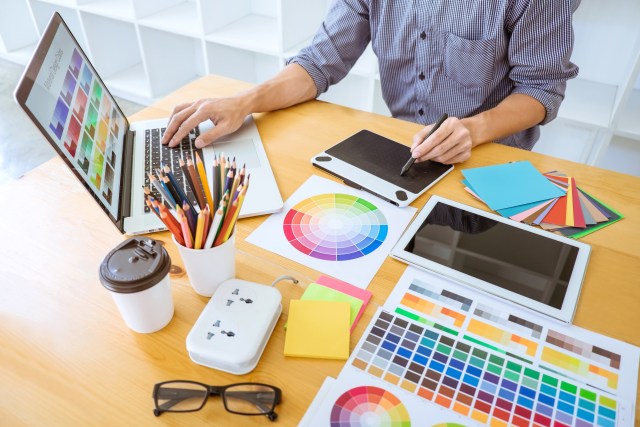
Painter
Lorem Ipsum is simply dummy text of the printing and typesetting industry. Lorem Ipsum has been the industry's standard dummy text ever since the 1500s.Lorem Ipsum is simply dummy text of the printing and typesett
Lorem Ipsum is simply dummy text of the printing and typesetting industry. Lorem Ipsum has been the industry's standard dummy text ever since the 1500s.Lorem Ipsum is simply dummy text of the printing and typesetting industry. Lorem Ipsum has been the industry's standard dummy text ever since the 1500s.
Basic Skills
Lorem Ipsum is simply dummy text of the printing and typesetting industry.
Problem Solving
Lorem Ipsum is simply dummy text of the printing and typesetting industry.
Social
Lorem Ipsum is simply dummy text of the printing and typesetting industry.
Hand and Finger Use
Lorem Ipsum is simply dummy text of the printing and typesetting industry.
Verbal
Lorem Ipsum is simply dummy text of the printing and typesetting industry.
Ideas and Logic
Lorem Ipsum is simply dummy text of the printing and typesetting industry.
Hand and Finger Use
Lorem Ipsum is simply dummy text of the printing and typesetting industry.
Verbal
Lorem Ipsum is simply dummy text of the printing and typesetting industry.
Ideas and Logic
Lorem Ipsum is simply dummy text of the printing and typesetting industry.
Sample Title
Lorem Ipsum is simply dummy text of the printing and typesetting industry.
Sample Title
Lorem Ipsum is simply dummy text of the printing and typesetting industry.
Sample Title
Lorem Ipsum is simply dummy text of the printing and typesetting industry.
Sample Title
Lorem Ipsum is simply dummy text of the printing and typesetting industry.
Sample Title
Lorem Ipsum is simply dummy text of the printing and typesetting industry.
Sample Title
Lorem Ipsum is simply dummy text of the printing and typesetting industry.
Sample Title
Lorem Ipsum is simply dummy text of the printing and typesetting industry.
Sample Title
Lorem Ipsum is simply dummy text of the printing and typesetting industry.
Sample Title
Lorem Ipsum is simply dummy text of the printing and typesetting industry.

